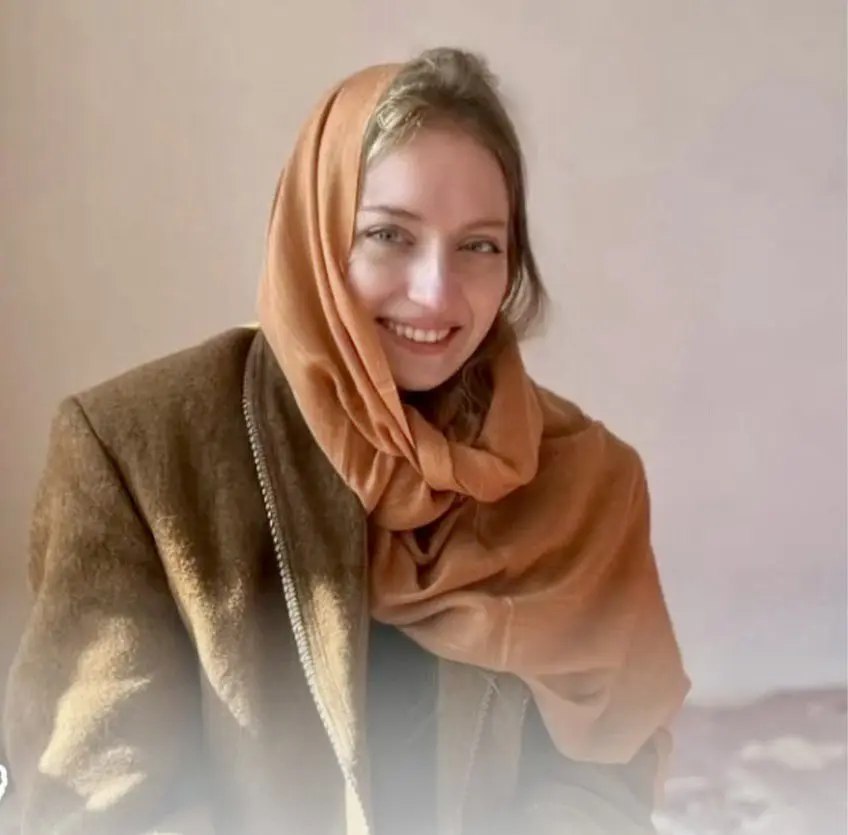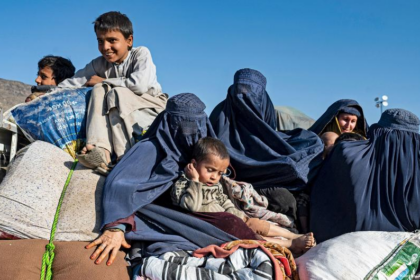RASC News Agency: Astrid Seiber, a young British traveler who recently returned from a week-long journey through Taliban-controlled Afghanistan, has revealed that several Taliban members made marriage proposals to her during her visit. While Seiber described the encounters as “respectful,” the revelation has ignited a firestorm of reactions ranging from bemused fascination to severe criticism particularly from Afghanistani activists who denounce the Taliban’s attempt to humanize themselves through such orchestrated interactions. Seiber, who began traveling the world four years ago and has visited 88 countries to date, undertook her trip to Afghanistan in December 2024. Upon her return, she spoke to media outlets and shared her experiences online, stating: “I received thousands of emails, most of which contained marriage proposals. On social media, people even began calling me ‘the darling of the Afghanistani people.’”
Her comments, though seemingly lighthearted, have prompted intense scrutiny. Some social media users and Western audiences interpreted her remarks as quirky or amusing. However, a growing number of critics particularly Afghanistani civil society members have sounded the alarm, warning that the Taliban are attempting to use such encounters to project a facade of openness and civility, while concealing the regime’s ongoing brutality and systematic repression. Human rights observers argue that the Taliban’s overtures toward Westerners, particularly women, are part of a calculated soft-power campaign aimed at rehabilitating their international image. “What they offer foreign women is performative hospitality,” noted one Kabul-based gender rights advocate. “What they offer Afghanistani women is incarceration, violence, and silence.”
Indeed, since the Taliban’s return to power in August 2021, the regime has waged a war on women’s rights unparalleled in the modern world. Girls have been barred from secondary and higher education. Women are forbidden from traveling without a male guardian, banned from public parks and gyms, stripped of professional roles, and frequently subjected to public lashings and imprisonment for so-called “moral crimes.” Female journalists, artists, and filmmakers have either fled the country or vanished from public life. In this context, the Taliban’s reported marriage proposals to a Western tourist are viewed not as romantic gestures, but as cynical tools of propaganda. These behaviors starkly contrast with the reality faced by millions of Afghanistani women and girls, whose voices have been forcefully suppressed under a regime that has institutionalized gender apartheid.
“This isn’t hospitality. It’s hypocrisy,” said an exiled Afghanistani filmmaker. “They offer flowers to tourists while smashing the lives of the women who live under their rule. Don’t be fooled.” While some defenders claim that such interactions reflect Afghanistan’s famed hospitality and complex culture, many activists caution against normalizing or romanticizing any narrative that obscures the Taliban’s oppressive nature. The viral spread of Sibe’s story underscores the international appetite for novelty in conflict zones, but also the danger of oversimplification. As global attention briefly shifts to one traveler’s anecdotal experience, the suffering of millions remains unaddressed. The Taliban’s regime continues to block access to education, persecute minorities, restrict free speech, and maintain a reign of fear across the nation.
Afghanistan, though rich in history and resilience, remains one of the most dangerous and repressive places in the world especially for women. Behind the smiles shown to tourists lies a country gripped by silence, terror, and a desperate need for genuine international solidarity not token praise for staged civility.






